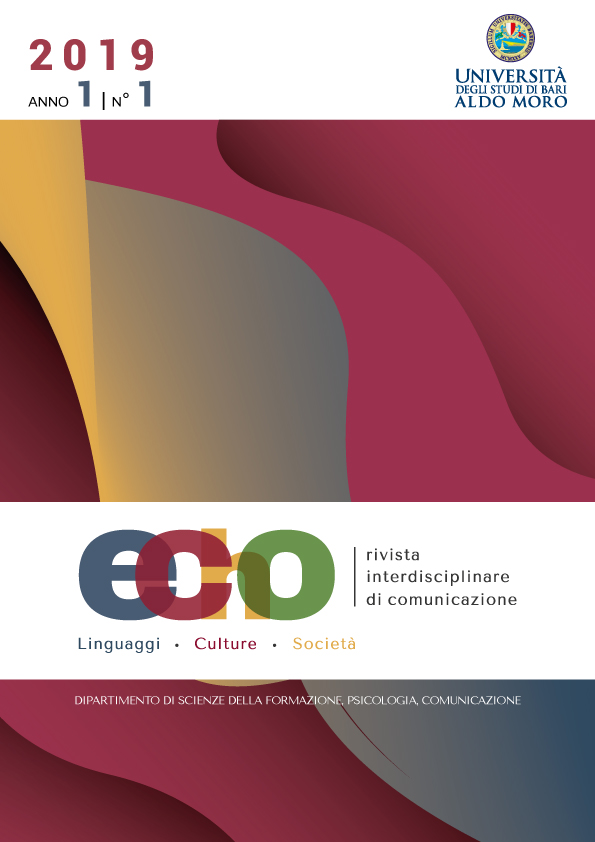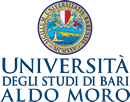Refugee crisis and right-wing populism in the digital era: the australian case
DOI:
https://doi.org/10.15162/2704-8659/1133Parole chiave:
australian refugee crisis, atlantic bias, antipodean populism, twitter discourse, discourse-historical approach, populist rhetorical strategiesAbstract
In the current ‘post-factual age’, truth has often been distorted with the aim of serving the political goals of demagogues, especially with regards to debated hot issues, such as the recent migratory crisis. Despite being located further from certain conflict areas on the world map, Australia has also been challenged by influxes of refugees and asylum seekers coming from the Middle East and the Horn of Africa. Especially since the 2012 reimplementation of the Pacific Solution, the proliferation and manipulation of media contents on the matter has intensified. The main purpose of this small-scale study is to understand what kind of representation strategies populist leaders employ to represent refugees on the social media platform of Twitter and shed light on the nationalist propaganda underlying their tweets. The research relies on a mixed methodology that combines Corpus Linguistics and Discourse-Historical-Approach, which were employed to analyse qualitative data elicited from the Twitter corpus. The findings suggest that there are several similarities between the Euro-American and the Australian populisms, although the former has received greater attention within the literary field. As a matter of fact, refugees are pictured as outlaws or petty criminals, who come massively to Australia to usurp the country’s resources while taking advantage of Australia’s welfare system. As a whole, they are portrayed as a threat to the unity of the Australian nation, to be neutralised in order to safeguard the integrity and the future prosperity of the country. The ultimate goal of the research is to encourage social media users to become aware of these manipulative discursive practices circulating online and, ultimately, spur them on to oppose an indiscriminate accreditation of untruthful information.








